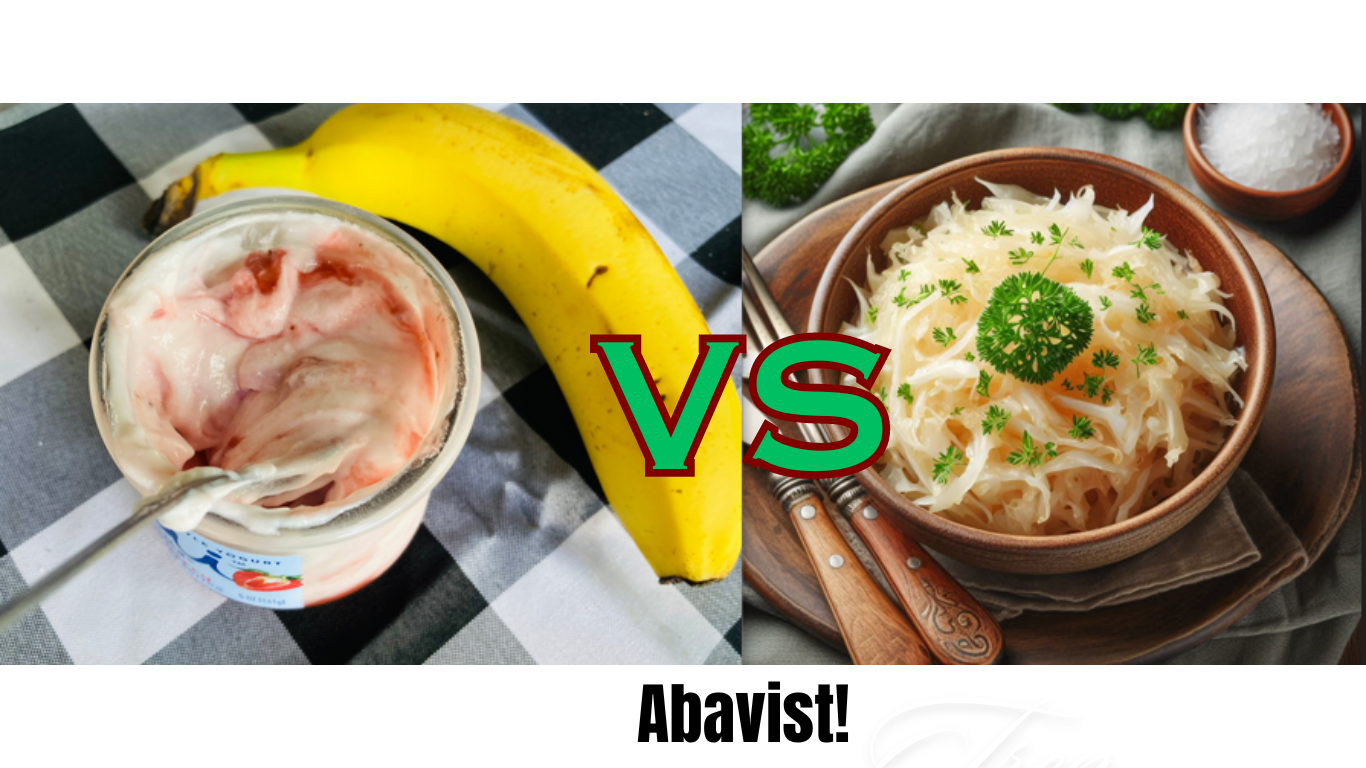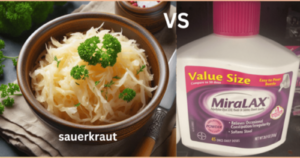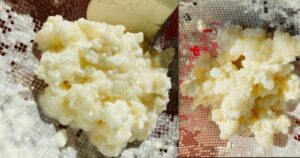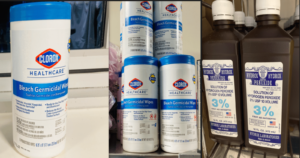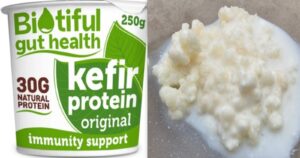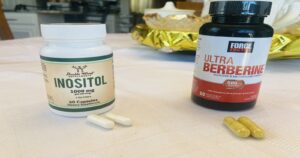Prebiotics are a type of dietary fiber/a non-digestible carbohydrate that our digestive enzymes cannot break down, Instead, they feed beneficial bacteria (probiotics) in the gut, promoting their growth and activity.
Probiotics are living microorganisms, bacteria, or yeast-beneficial microorganisms (gut microbiota) found in the digestive system.
There are 300 to 500 different types of bacteria, with nearly 2 million genes, along with viruses and fungi living inside our intestines (gut).
These tiny organisms make up what is called the microbiota or microbiome of our digestive system.
Do you know that each person’s microbiota is unique to them kind of like a fingerprint?
Each person’s mix of bacteria is different and is determined by your mother’s microbiota, the environment you are exposed to at birth, lifestyle, and diet
Prebiotics play a vital role in keeping our probiotics alive by feeding them. This helps to promote good health and well-being.
Prebiotics vs probiotics: their Differences

| Prebiotics | Probiotics |
|---|---|
| Non-digestible food ingredients | Live microorganisms |
| Stimulate growth/activity of beneficial bacteria in the gut | Directly add beneficial bacteria to the gut |
| Inulin, fructooligosac- charides (FOS), galactooligos- accharides (GOS) | Lactobacillus, Bifidobacterium, Saccharomyces boulardii |
| Found in high-fiber foods like garlic, onions, bananas | Found in fermented foods like yogurt, kefir, sauerkraut |
| Enhance gut microbiota composition indirectly | Improve gut health by introducing beneficial bacteria directly |
Understanding how Prebiotics & Probiotics work, Side Effects, Precautions, and Interactions of Probiotic

https://abavistwellness.com/garlic-head-vs-garlic-clove-vs-clove-head/


Prebiotics are selectively fermented by beneficial bacteria in the gut, such as Bifidobacteria and Lactobacilli. This selective fermentation supports the growth and activity of these beneficial bacteria over harmful ones.

During fermentation, prebiotics are converted into short-chain fatty acids (SCFAs) like butyrate, propionate, and acetate. SCFAs are important for gut health as they provide energy to colon cells, regulate inflammation, and maintain the integrity of the gut barrier.
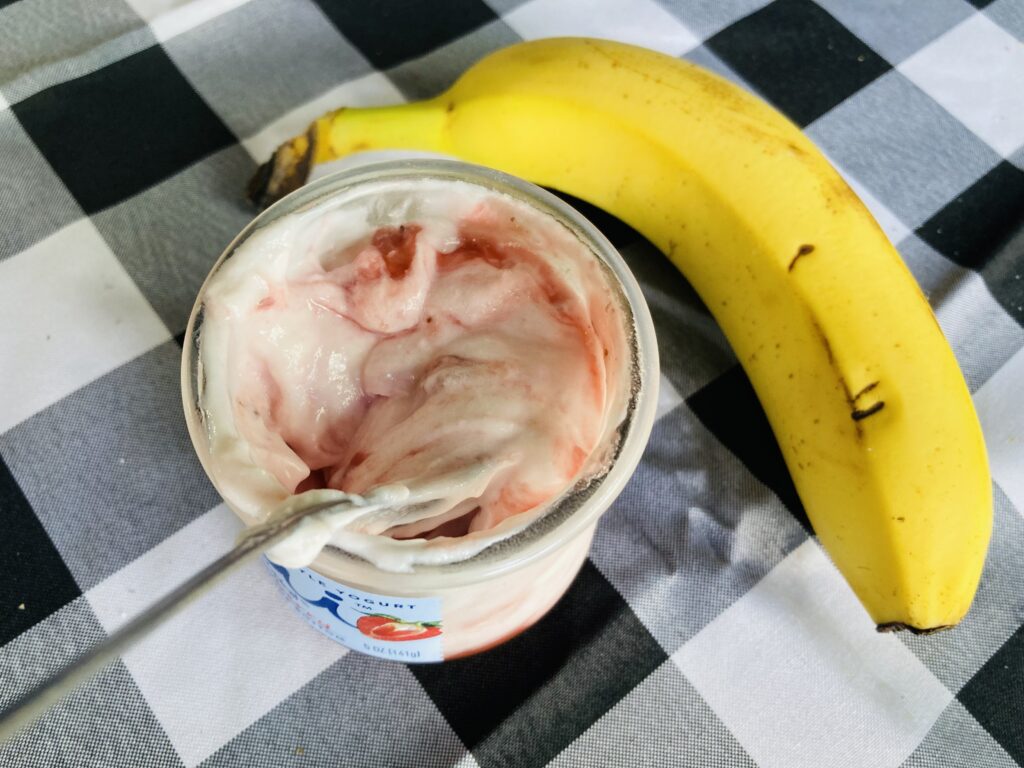

By promoting the growth of beneficial bacteria, prebiotics help maintain a healthy balance of the gut microbiota. This balance is crucial for effective digestion, nutrient absorption, and immune function.

A healthy gut microbiota enhances digestion and metabolism, aiding in the breakdown of complex carbohydrates, fiber, and other nutrients that the body cannot digest on its own.

A balanced gut microbiota plays a significant role in modulating the immune system. Prebiotics help strengthen the immune system by promoting the growth of beneficial bacteria that compete with pathogenic bacteria, reducing the risk of infections and inflammation.

Emerging research suggests that the gut microbiota can influence brain function and behavior through the gut-brain axis. By supporting a healthy gut microbiota, prebiotics may also contribute to improved mood, cognition, and overall mental health.

Probiotics are live microorganisms, often referred to as “good” or “friendly” bacteria.

- Restoration of Balance: Probiotics help restore the natural balance of bacteria in the gut, especially after it has been disrupted by antibiotic use, illness, or poor diet.
- Competing with Pathogens: They compete with harmful bacteria for nutrients and attachment sites on the intestinal wall, inhibiting the growth of pathogens.

- Strengthening Gut Lining: Probiotics enhance the gut barrier function by promoting the production of mucus and strengthening the tight junctions between gut cells, which prevents harmful substances from entering the bloodstream.
- Modulating Immune Responses: They help modulate the immune system, enhancing the body’s natural defenses and reducing inflammation.

- Short-Chain Fatty Acids (SCFAs): Probiotics produce SCFAs through the fermentation of dietary fibers. SCFAs, such as butyrate, acetate, and propionate, provide energy to gut cells and have anti-inflammatory properties.
- Antimicrobial Compounds: Probiotics produce substances like bacteriocins and hydrogen peroxide that inhibit the growth of harmful bacteria.

- Enzyme Production: Probiotics produce enzymes that help break down food components, aiding in the digestion and absorption of nutrients.
- Lactose Digestion: Certain probiotics, like Lactobacillus and Bifidobacterium species, produce lactase, the enzyme needed to digest lactose, helping those with lactose intolerance.

- Mental Health: There is growing evidence of the gut-brain axis, where gut health impacts mental health. Probiotics can influence the production of neurotransmitters and reduce symptoms of anxiety and depression.
- Skin Health: Probiotics can improve skin conditions such as eczema and acne by reducing systemic inflammation and balancing the skin microbiome.
- Metabolic Health: Probiotics can aid in weight management and improve metabolic conditions like type 2 diabetes by influencing energy balance and glucose metabolism.
Potential Side Effects, Precautions, and Interactions of Probiotic
Possible Side Effects:
- Initial Reactions:
- Bloating: This is a common initial side effect as the body adjusts to the increased bacterial population in the gut.
- Gas: Increased gas production is typical initially due to changes in gut flora.
- Mild Digestive Discomfort: Some individuals might experience mild stomach cramps or discomfort.
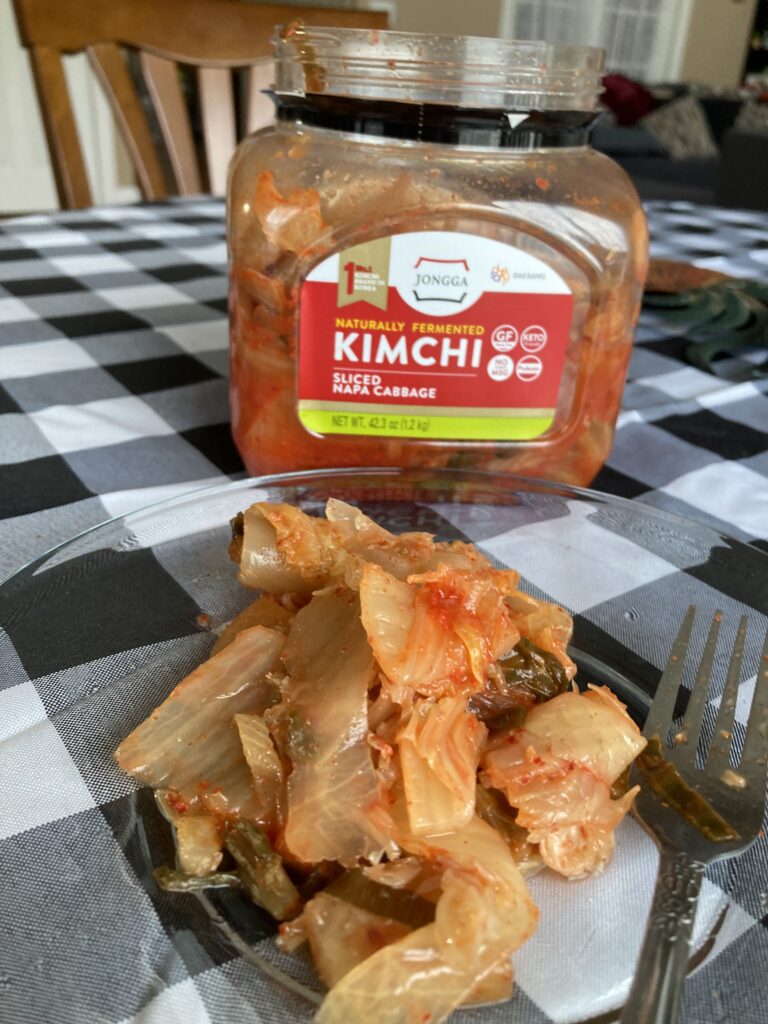
Less Common Reactions:
- Diarrhea or Constipation: Some people may experience changes in bowel movements.
- Headaches: Certain strains of probiotics might cause headaches due to biogenic amine production.
How Prebiotics Help with Constipation
Prebiotics are non-digestible food components that beneficially affect the host by selectively stimulating the growth and/or activity of one or a limited number of bacteria in the colon, thus improving host health. They play a significant role in maintaining a healthy gut microbiota, which is crucial for overall digestive health. Here’s how prebiotics help with constipation:
- Improving Gut Motility:
- Prebiotics enhance gut motility by promoting the growth of beneficial bacteria such as Bifidobacteria and Lactobacilli. These bacteria produce short-chain fatty acids (SCFAs) like butyrate, propionate, and acetate, which stimulate colonic movements and enhance bowel regularity.
- Increasing Stool Bulk:
- Prebiotics increase the water content and bulk of stools by fermenting in the colon and producing gases and SCFAs. This leads to softer stools that are easier to pass, thus alleviating constipation.
- Enhancing Osmotic Effects:
- Prebiotics, particularly certain types of fibers, have osmotic effects that draw water into the colon. This helps to soften the stool and increase its volume, promoting regular bowel movements.
- Improving Microbiota Composition:
- By selectively stimulating the growth of beneficial bacteria, prebiotics help maintain a balanced gut microbiota. A healthy gut microbiota is essential for proper digestion and prevention of gastrointestinal issues, including constipation.
- Reducing Inflammation:
- Prebiotics have anti-inflammatory properties that help reduce gut inflammation, which can be a contributing factor to constipation. By reducing inflammation, prebiotics promote a healthier digestive tract and better bowel function.
- Producing Metabolites:
- Beneficial bacteria fed by prebiotics produce metabolites that can stimulate gut motility and secretion. These metabolites include SCFAs and other bioactive compounds that help regulate bowel movements.
Sources of Prebiotics
To incorporate more prebiotics into your diet, consider the following foods:
- Chicory root
- Garlic
- Onions
- Leeks
- Asparagus
- Bananas
- Barley
- Oats
- Apples
- Cocoa
- Flaxseeds
- Seaweed
For those struggling with constipation, incorporating prebiotic-rich foods or supplements can be beneficial. It is important to start with small amounts and gradually increase intake to avoid potential side effects like gas and bloating. Drinking plenty of water and maintaining a balanced diet with both prebiotics and probiotics can further enhance digestive health and alleviate constipation.
If you have any specific dietary restrictions or health conditions, it’s best to consult with a healthcare professional before making significant changes to your diet.
The Role of Probiotics in Relieving Constipation
Probiotics, which are live microorganisms that provide health benefits when consumed in adequate amounts, have been studied extensively for their potential role in relieving constipation. Here’s a detailed look at how they can help:
Mechanisms of Action
- Improving Gut Motility: Probiotics can enhance gut motility by balancing the gut microbiota, which plays a key role in stimulating bowel movements.
- Increasing Stool Frequency and Consistency: Certain probiotic strains can increase the frequency of bowel movements and improve stool consistency, making it easier to pass.
- Producing Short-Chain Fatty Acids (SCFAs): Probiotics produce SCFAs, such as butyrate, which can stimulate the muscles of the colon, promoting bowel movements.
- Modulating Inflammation: Chronic inflammation in the gut can lead to constipation. Probiotics can reduce inflammation, thereby alleviating constipation symptoms.
- Enhancing Mucus Production: Some probiotics can enhance the production of mucus in the gut, which can lubricate the stool and facilitate its passage.
Effective Probiotic Strains
Research has identified several probiotic strains that are particularly effective in relieving constipation:
- Bifidobacterium lactis: Known for increasing stool frequency and improving stool consistency.
- Lactobacillus casei: Effective in improving bowel regularity.
- Lactobacillus rhamnosus: Can improve gut motility and stool consistency.
- Bifidobacterium longum: Promotes bowel movements and reduces constipation symptoms.
Usage and Dosage of probiotics for Constipation
- Dosage: The effective dosage can vary depending on the strain and the individual’s condition. Commonly used doses range from 1 billion to 10 billion colony-forming units (CFUs) per day.
- Duration: Consistent use over several weeks is often necessary to see significant improvements in constipation symptoms.
- Form: Probiotics can be taken in various forms, including capsules, powders, fermented foods, and yogurts.
Safety and Considerations
- Safety: Probiotics are generally safe for most people, but individuals with compromised immune systems or severe illnesses should consult their healthcare provider before starting probiotic supplements.
- Individual Variation: The effectiveness of probiotics can vary between individuals. Some may experience significant relief, while others may need to try different strains or combinations to find what works best for them.
Probiotics offer a promising natural option for relieving constipation through various mechanisms, including improving gut motility, increasing stool frequency, and modulating gut microbiota. While they are generally safe and effective, individual responses can vary, and it may be necessary to try different strains or dosages to achieve the desired effect.
Would you like more specific information on any of these points or recommendations for probiotic products?
Comparing the Effectiveness of Prebiotics vs. Probiotics for Constipation
Prebiotics and Probiotics: An Overview
- Prebiotics are non-digestible fibers that promote the growth of beneficial bacteria in the gut. Common sources include:
- Inulin (found in chicory root, garlic, onions)
- Fructooligosaccharides (FOS) (found in bananas, leeks, asparagus)
- Galactooligosaccharides (GOS) (found in beans, lentils)
- Probiotics are live beneficial bacteria that directly add to the gut’s population of healthy microbes. Common strains include:
- Lactobacillus (found in yogurt, kefir, sauerkraut)
- Bifidobacterium (found in fermented dairy products)
- Saccharomyces boulardii (a beneficial yeast found in some supplements)
Effectiveness for Constipation
Prebiotics:
- Mechanism of Action:
- Prebiotics enhance the growth of beneficial gut bacteria, which can increase stool bulk and improve bowel movements.
- They can increase the production of short-chain fatty acids (SCFAs), which stimulate gut motility.
- Evidence:
- Studies show that inulin and FOS can improve stool frequency and consistency.
- Prebiotics may take several weeks to show significant effects on bowel regularity.
- Considerations:
- Prebiotics can cause initial bloating and gas as the gut adjusts.
- They are often considered more effective for mild to moderate constipation.
Probiotics:
- Mechanism of Action:
- Probiotics can help restore a healthy balance of gut bacteria, which can regulate bowel movements.
- Some probiotic strains can enhance gut motility and reduce transit time.
- Evidence:
- Lactobacillus and Bifidobacterium strains have been shown to improve stool frequency and consistency.
- Probiotics may be effective for functional constipation and constipation-predominant irritable bowel syndrome (IBS-C).
- Considerations:
- The effectiveness of probiotics can vary depending on the strain and dosage.
- They are generally safe but may cause temporary bloating or gas.
Comparative Effectiveness:
- Prebiotics:
- May be more beneficial for long-term gut health and mild constipation.
- Require consistent intake to maintain their effects.
- Probiotics:
- May provide quicker relief for acute constipation symptoms.
- Can be strain-specific, so finding the right probiotic may require some trial and error.
Combination Therapy:
- Using prebiotics and probiotics together (synbiotics) can have a synergistic effect, enhancing overall gut health and improving constipation more effectively than either alone.
Both prebiotics and probiotics have shown effectiveness in relieving constipation, but their mechanisms and the speed at which they work differ. Prebiotics may be better for long-term gut health, while probiotics can provide more immediate relief. Combining both may offer the best results for improving bowel regularity and overall digestive health.
Who Should Avoid Probiotics:
- Individuals with Severe Illness:
- Critical Illness: People in intensive care or with severe illnesses should avoid probiotics unless advised by a healthcare provider.
- Immune-Compromised Individuals:
- HIV/AIDS, Cancer Patients: Those with significantly weakened immune systems may be at risk of infections from probiotics.
- Post-Surgery Patients:
- Recent Surgery: Those recovering from surgery, particularly abdominal surgery, should be cautious.
- Infants and Young Children:
- Under Age 1: Infants should only take probiotics under the guidance of a pediatrician.
- Individuals with Short Bowel Syndrome:
- Short Bowel Syndrome: These individuals are at a higher risk of bacterial overgrowth and infections.
General Precautions when using Probiotics
- Consult a Healthcare Provider: Always check with a healthcare provider before starting probiotics, especially if you have any pre-existing health conditions or are on medication.
- Start Slowly: Begin with a lower dose to monitor how your body responds.
- Monitor Symptoms: Pay attention to any adverse reactions and report them to your healthcare provider.
- Quality and Source: Ensure probiotics are from a reputable source and contain strains that are well-studied for your specific health needs.
Probiotic Interactions with Medications:
- Antibiotics:
- Concurrent Use: Probiotics can be beneficial during and after antibiotic treatment to replenish gut flora, but timing should be managed (taking probiotics a few hours after antibiotics to prevent direct killing of probiotic bacteria).
2. Immunosuppressants:
- Potential Risk: Individuals on immunosuppressive drugs should consult healthcare providers as probiotics could pose a risk of infection.
3. Antifungals:
- Possible Interaction: Some probiotics may interact with antifungal medications, possibly reducing their efficacy.
4. Steroids:
- Caution Needed: Those on long-term steroid therapy should consult a healthcare provider due to potential infection risks.
5. Anti-inflammatory Medications:
- General Precaution: Although not a direct interaction, it’s important to monitor any gastrointestinal symptoms as both probiotics and anti-inflammatory drugs can affect the digestive system.
Differences in how prebiotics & probiotics help to relieve Constipation
| Prebiotics | Probiotics |
|---|---|
| Mechanism of Action Stimulate growth of beneficial gut bacteria | Mechanism of Action Introduce beneficial bacteria into the gut |
| Impact on Gut Increase production of short-chain fatty acids (SCFAs) which enhance gut motility | Impact on Gut Balance gut microbiota to improve digestive function |
| Stool Bulk Increase stool bulk by promoting water retention | Stool Bulk Improve stool consistency and frequency |
| Time to Effectiveness Several days to weeks | Time to Effectiveness Often within a few days |
| Direct Effects Softens stools, making them easier to pass | Direct Effects Enhances gut motility and bowel regularity |
| Additional Relief May reduce transit time through the colon | Additional Relief Can alleviate symptoms of irritable bowel syndrome (IBS) |
| Examples Inulin, fructooligosac- charides (FOS) | Examples Lactobacillus, Bifidobacterium |
Health Benefits of prebiotic and probiotic for digestive health and constipation relief.
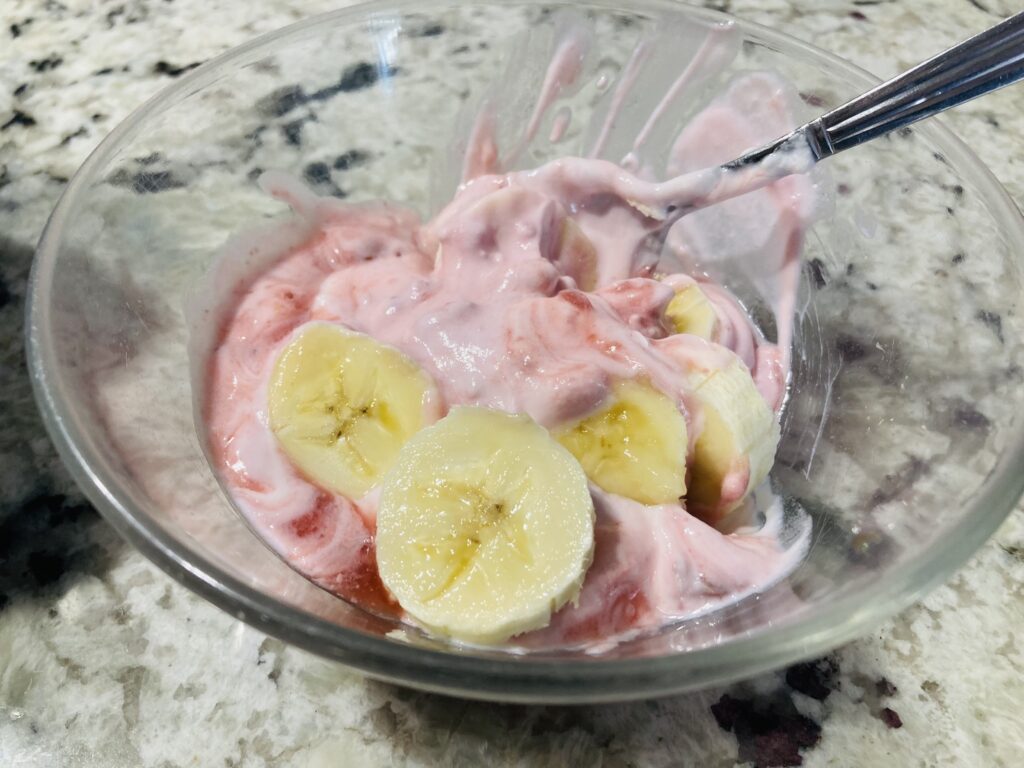
Prebiotics Health Benefits
1. Enhanced Gut Health: Prebiotics stimulate the growth of beneficial bacteria, such as Bifidobacteria and Lactobacilli, improving the balance of the gut microbiome.
2. Improved Digestion: They enhance the absorption of essential nutrients and minerals, such as calcium and magnesium.
3. Constipation Relief: By increasing the water content and bulk of stool, prebiotics help in regular bowel movements and relieve constipation.
4. Immune System Support: A healthy gut microbiome supported by prebiotics can improve the immune response and protect against pathogens.
5. Reduction in Inflammation: Prebiotics can reduce inflammation in the gut, which is beneficial for conditions like irritable bowel syndrome (IBS).
Probiotics Health Benefits
1. Balancing the Gut Microbiome: Probiotics help maintain a healthy balance of gut bacteria, which is crucial for digestive health.
2. Alleviating Constipation: Probiotics can increase the frequency of bowel movements and improve stool consistency, offering relief from constipation.
3. Enhancing Digestive Health: They aid in breaking down food, producing vitamins, and inhibiting harmful bacteria.
4. Preventing and Treating Diarrhea: Probiotics can reduce the severity and duration of diarrhea, especially when caused by antibiotics.
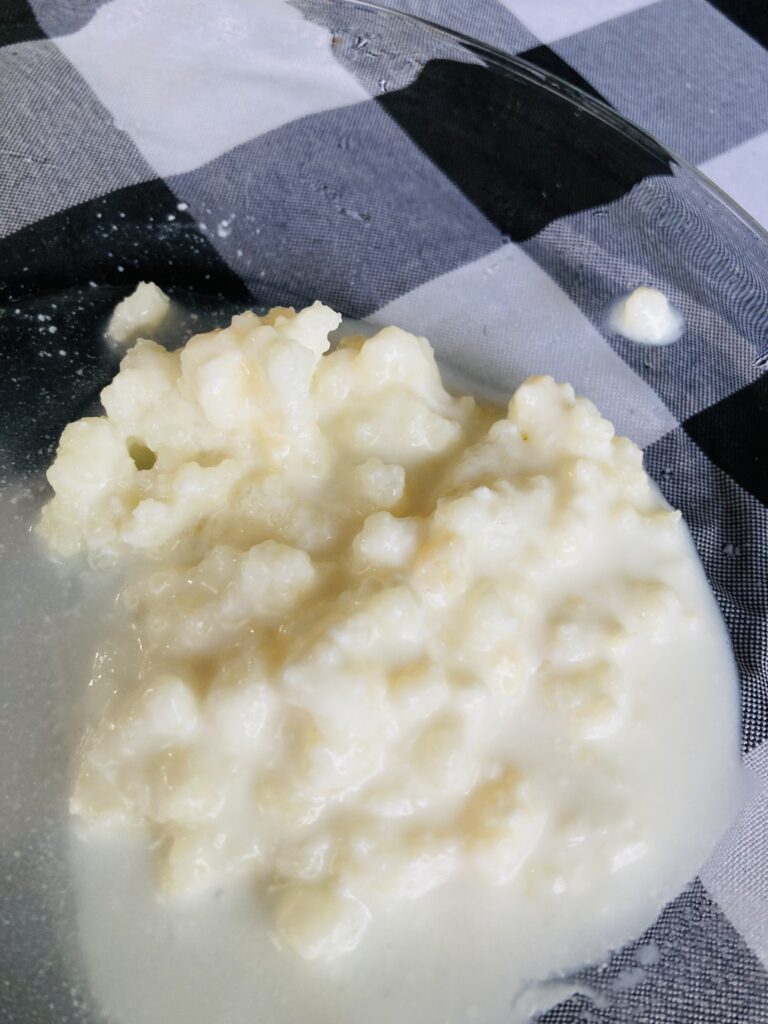
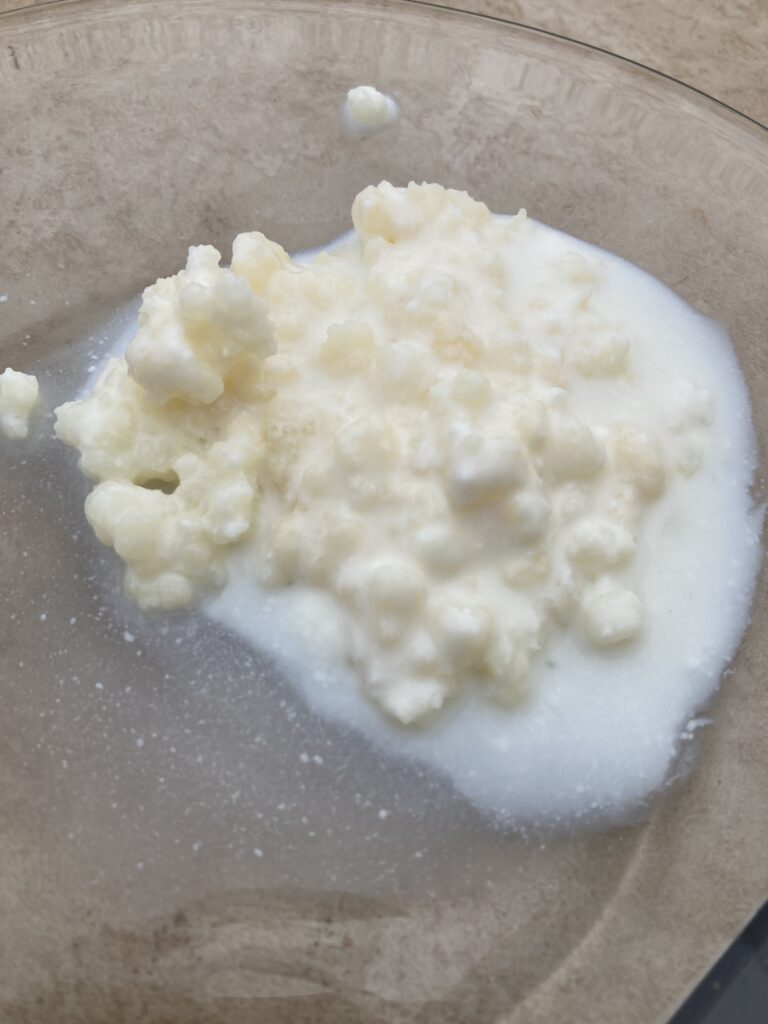
5. Boosting Immune Function: They support the immune system by stimulating the production of natural antibodies.
6. Reducing Symptoms of IBS (Irritable bowel syndrome ) : Probiotics can alleviate bloating, gas, and pain associated with IBS
The Combining of Prebiotics and Probiotics can lead to Health benefits
When prebiotics and probiotics are combined, they create a synergistic effect known as synbiotics. This combination enhances the survival and implantation of beneficial bacteria in the gut, leading to more pronounced health benefits, including:
1. Enhanced Digestive Health: Improved digestion and nutrient absorption.
2. Better Constipation Relief: More effective in promoting regular bowel movements and preventing constipation.
3. Stronger Immune System: Enhanced immune function due to a healthier gut microbiome.
4. Reduced Risk of Gut Infections: Lower incidence of infections and gut-related illnesses.
Incorporating both prebiotics and probiotics into the diet can significantly improve digestive health and provide relief from constipation.
Prebiotics fuel the growth of beneficial bacteria, while probiotics populate the gut with these healthy microorganisms.
Together, they contribute to a balanced and healthy gut microbiome, which is essential for overall health and well-being.
Common Prebiotic & Probiotic Foods and Recommended Daily Intake
list of foods that are rich in prebiotics:
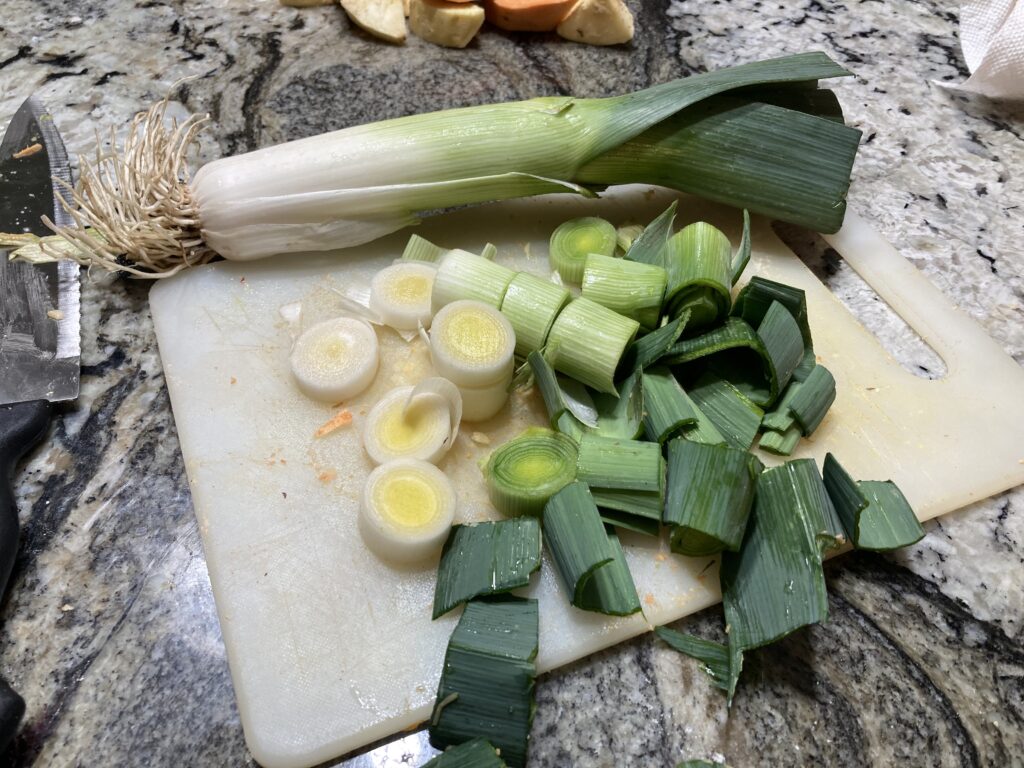
https://abavistwellness.com/spring-onion-vs-leeks/
- Leeks: High in inulin and similar to garlic and onions in prebiotic content.
- Asparagus: Contains inulin and supports a healthy gut microbiome.
- Bananas: Especially unripe bananas, which contain resistant starch and FOS.
- Barley: Contains beta-glucan, a type of prebiotic fiber.
- Oats: High in beta-glucan and resistant starch.
- Apples: Contain pectin, a type of prebiotic fiber.
- Konjac Root (Glucomannan): A high-fiber food commonly used as a dietary supplement.
- Cocoa: Contains flavonoids that have prebiotic effects.
- Flaxseeds: Rich in both soluble and insoluble fiber.
- Seaweed: Contains unique polysaccharides that act as prebiotics.
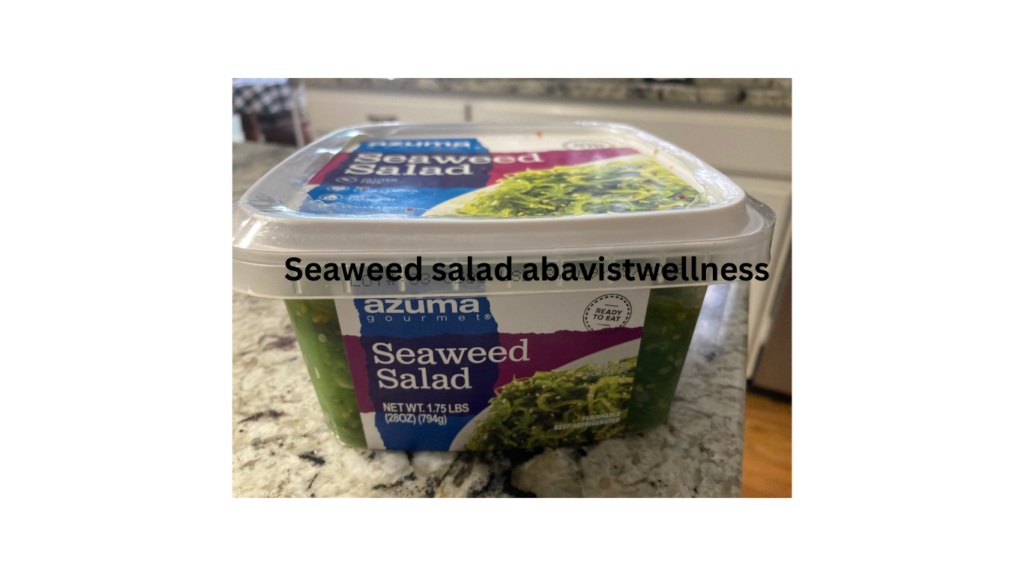
11. Dandelion Greens: High in inulin and beneficial for gut health.

12. Jicama: A root vegetable high in inulin.
13. Wheat Bran: Contains arabinoxylan oligosaccharides, a type of prebiotic fiber.
14. Legumes: Including lentils, chickpeas, and beans, which contain resistant starch and GOS.
15. Cooked and Cooled Potatoes: The cooling process increases their resistant starch content.
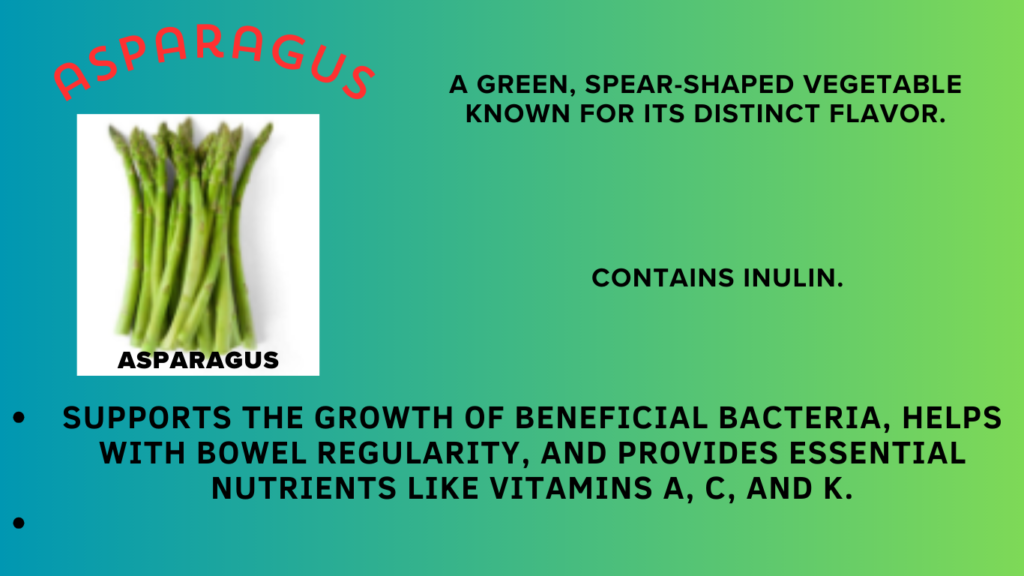
| Prebiotic Food | Prebiotic Component & Health Benefits |
|---|---|
| Chicory Root | Inulin-Promotes beneficial bacteria growth, improves digestion, enhances bowel regularity |
| Garlic | Inulin, FOS: Supports Bifidobacteria growth, enhances immune function, has antimicrobial properties |
| Onions | Inulin, FOS Promotes healthy gut bacteria, improves digestion, has anti-inflammatory properties |
| Rye: | Contains high levels of fiber and arabinoxylans. |
| Jerusalem Artichokes (Sunchokes): | Inulin great for gut health. |
| Asparagus | Inulin: Supports beneficial bacteria growth, helps with bowel regularity, provides vitamins A, C, and K |
| Bananas | Resistant Starch: Promotes beneficial bacteria growth, aids in digestion, provides potassium and vitamin B6 |
| Oats | Beta-Glucan, Resistant Starch: Supports healthy gut bacteria growth, helps lower cholesterol, improves bowel regularity |
| Apples | Pectin: Promotes beneficial bacteria growth, aids in digestion, provides antioxidants and vitamins |
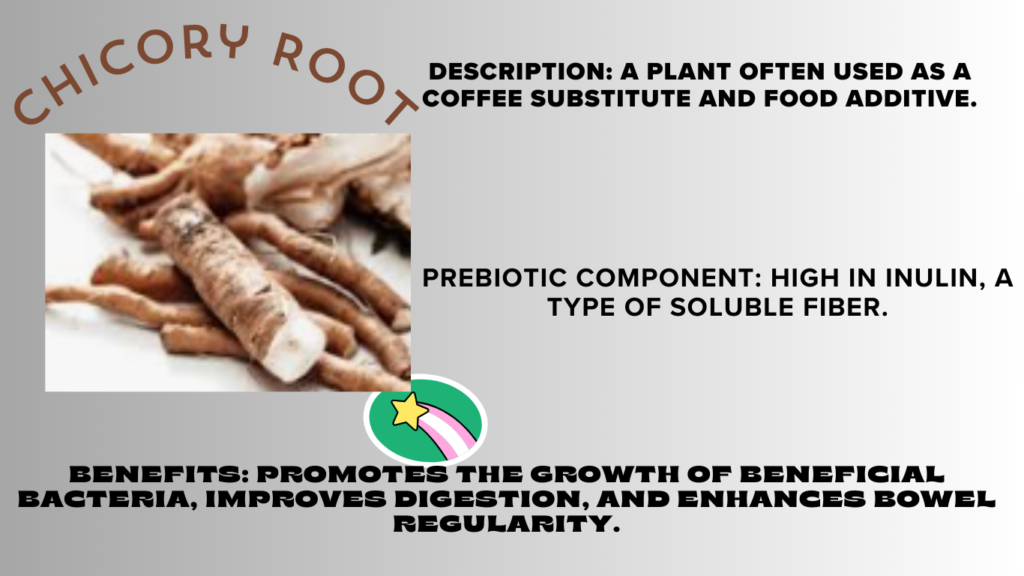
Probiotic Food
Summarizing the common probiotic foods, the specific probiotics they contain, and their health benefits:
| Probiotic Food & Probiotic Strains | Health Benefits |
|---|---|
| Yogurt: Lactobacillus, Bifidobacterium | Balances gut microbiome, aids digestion, enhances immune function |
| Kefir: Lactobacillus, Bifidobacterium, Saccharomyces | Improves lactose digestion, supports gut health, boosts immune system |
| Sauerkraut: Lactobacillus, Pediococcus | Enhances gut flora, aids digestion, provides vitamins C and K |
| Kimchi Lactobacillus, Leuconostoc | Supports gut health, aids digestion, has anti-inflammatory properties |
| Miso Aspergillus oryzae, Lactobacillus | Improves digestion, enhances immune function, provides vitamins and minerals |
| Tempeh Rhizopus oligosporus | Enhances nutrient absorption, supports gut health, provides protein and vitamins |
| Pickles Lactobacillus | Supports gut health, aids digestion, has antioxidant properties |
Recommended Daily Intake for Prebiotics and Probiotics for Constipation
Prebiotics and probiotics can play a significant role in improving digestive health, including alleviating constipation. Here’s a detailed look at the recommended daily intake and how to incorporate them into your diet.
Prebiotics
| Prebiotic Sources | Amount |
|---|---|
| Chicory Root | 1-2 teaspoons of chicory root powder |
| Jerusalem Artichokes | About 20 grams (1/2 cup) |
| Garlic | 1-2 cloves |
| Onions | 1/2 medium onion |
| Leeks | 1/2 cup |
| Asparagus | 1/2 cup |
| Bananas | 1 small unripe banana |
| Oats | 1/2 cup |
| Apples | 1 medium apple |
| Flaxseeds | 1 tablespoon |
| Dandelion Greens | 1 cup |
Probiotics
- Recommended Daily Intake: While specific dosage can depend on the strain and product, a general recommendation for probiotics for constipation is around 1-10 billion colony-forming units (CFUs) per day.
Common Probiotic Strains:
- Lactobacillus acidophilus: Found in yogurt and supplements
- Bifidobacterium lactis: Found in dairy products and supplements
- Saccharomyces boulardii: Found in specific supplements
| Probiotic Sources | Amount |
|---|---|
| Yogurt | 1 cup of yogurt containing live and active cultures |
| Kefir | 1 cup |
| Sauerkraut | 1/2 cup |
| Kimchi | 1/2 cup |
| Tempeh | 1/2 cup |
| Miso | 1 tablespoon |
| Probiotic Supplements | As per the product’s instructions, usually 1-2 capsules/tablets containing 1-10 billion CFUs |
Supplement options for prebiotics and probiotics
Prebiotic Supplements

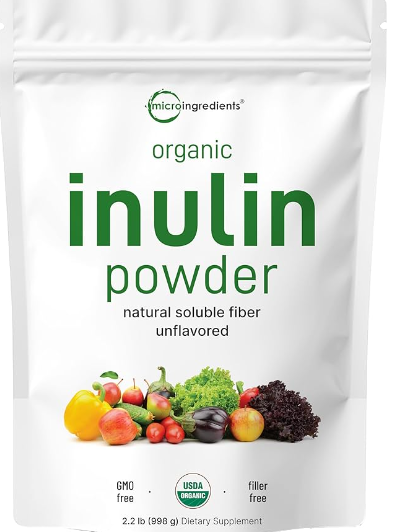
- Derived from chicory root, inulin is a type of fiber that promotes the growth of beneficial bacteria in the gut.


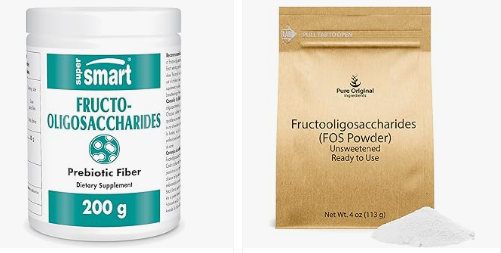
- Found in foods like onions, garlic, and bananas, FOS supplements support gut health by serving as food for beneficial bacteria.

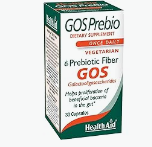
- GOS are often used in infant formula and can enhance the growth of beneficial bacteria such as Bifidobacteria.

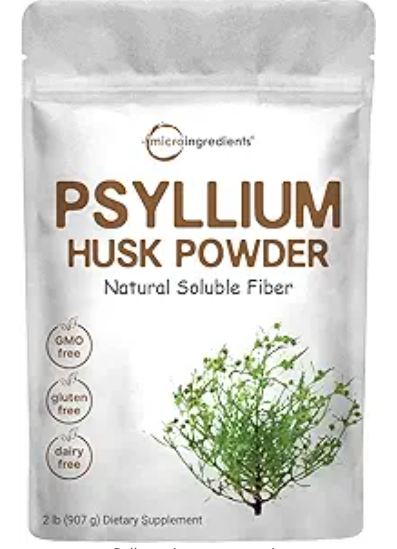
- A type of soluble fiber that aids digestion and supports the growth of healthy gut bacteria.

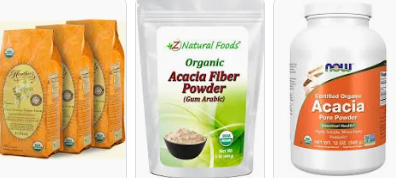
- Sourced from the sap of the acacia tree, this fiber is gentle on the stomach and promotes healthy digestion.


- Found in foods like green bananas and cooked-and-cooled potatoes, resistant starch supplements can improve gut health and support beneficial bacteria.
Probiotic Supplements

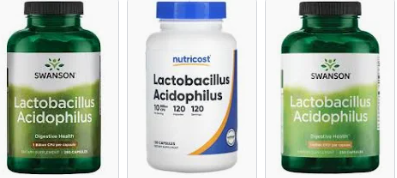
- A widely used probiotic strain that supports overall gut health and can aid in digestion and immune function.

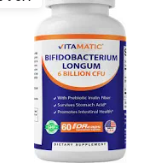
- Commonly found in the intestines, this strain helps balance gut bacteria and supports immune health.

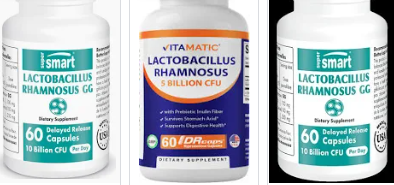
- Known for its ability to survive stomach acid and bile, it is often used to treat diarrhea and improve gut health.


- A yeast probiotic that can help with digestive issues, such as antibiotic-associated diarrhea and traveler’s diarrhea.


- This strain can help with digestive issues, reduce inflammation, and support immune function.


- Known for its ability to break down complex carbohydrates
, this strain supports overall gut health and can reduce inflammation
Combined Prebiotic and Probiotic Supplements (Synbiotics)
- Symbiotic Formulas: These supplements combine prebiotics and probiotics to provide a comprehensive approach to gut health. Common ingredients include inulin paired with Lactobacillus or Bifidobacterium strains.
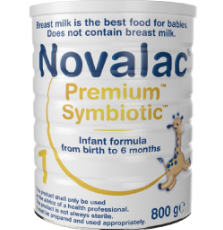
2. Prebiotics with Probiotics Capsules
- Many commercial products combine specific prebiotics like FOS or GOS with a blend of probiotics, providing a balanced supplement to support gut flora.
3. Fermented Fiber Supplements
- These supplements include fibers that have been fermented with probiotics, providing both beneficial bacteria and the food they need to thrive.
When Choosing a Prebiotic and a Probiotic Supplements
- Strain Specificity: Different probiotic strains offer different benefits. Choose a supplement that contains strains known to address your specific health concerns.
- Colony-Forming Units (CFUs): Higher CFU counts may indicate a more potent product. Look for supplements with at least 1 billion CFUs per dose.
- Packaging: Probiotics are sensitive to heat and moisture. Choose supplements that are packaged in dark, moisture-resistant containers and possibly require refrigeration.
- Additives: Check for unnecessary additives, fillers, or artificial ingredients that might affect the quality of the supplement.
- Clinical Support: Prefer supplements backed by clinical research and third-party testing for efficacy and safety.
Research Study on Probiotics effects on constipation
A 2014 review of 14 studies (1,182 participants) found that probiotics, especially Bifidobacterium lactis, can help with constipation in adults.
A 2017 review of 9 studies (778 participants) showed that probiotics, particularly Bifidobacterium longum, provided a small but meaningful benefit for constipation in the elderly, suggesting they could be a useful addition to traditional treatments.
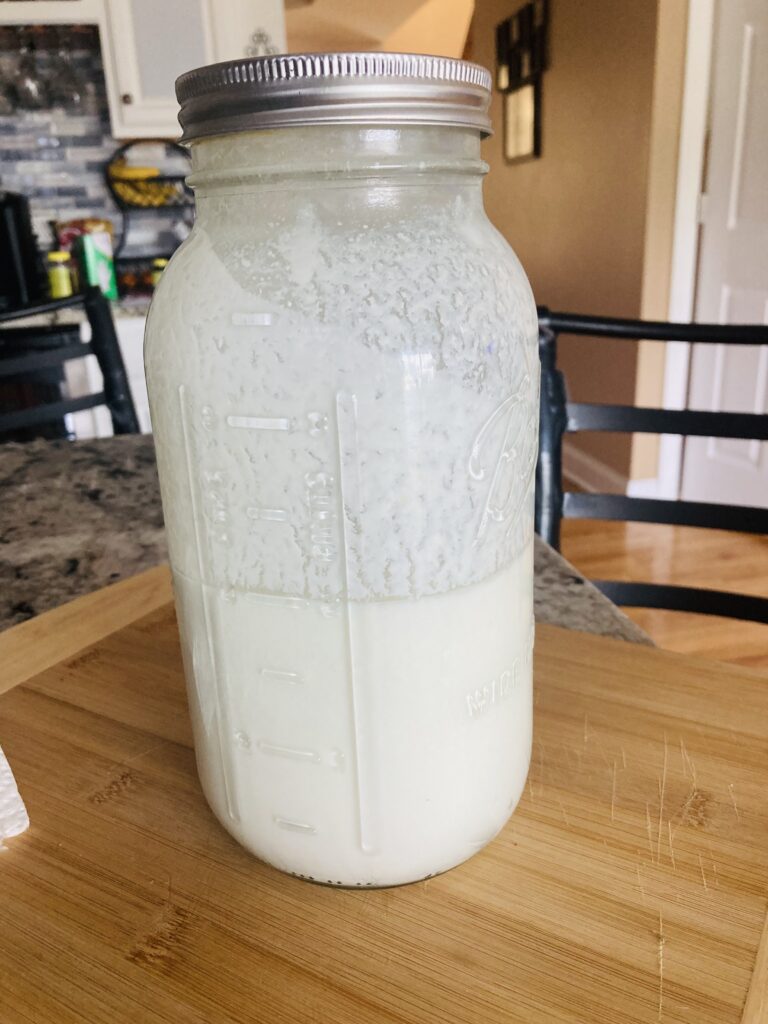
For children, the results were mixed. A 2017 review of 7 studies (515 participants) found no clear evidence that probiotics helped with constipation, due to differences in the studies.
However, another 2017 review of 6 studies (498 participants) concluded that probiotics did increase stool frequency, especially in Asian children compared to European children.
Research study on Prebiotic in Pregnancy
Research suggests that the prebiotics a mother consumes during pregnancy can potentially pass through the placenta and impact the developing baby’s immune system. Based on the studies done on mice and women.
Studies on Mice:
- Fugiwara et al. (2010): This study found that when pregnant mice were given prebiotics called FOS (fructooligosaccharides), it changed the gut bacteria in their babies. This change in gut bacteria helped reduce skin inflammation in the baby mice.
Studies on Women
- Shadid et al: This study involved pregnant women taking prebiotics. It was carefully designed with a placebo group (some women took prebiotics, others took a dummy supplement) and neither the participants nor the researchers knew who was taking what (double-blinded). They found that the prebiotics did not have the same beneficial effects on the babies’ gut bacteria as seen in the mouse study. This study was done in 2020.
Autism spectrum disorder (ASD)& Probiotic Research

Some studies suggest that probiotics can improve gut health and potentially reduce some symptoms of ASD, the results are mixed and more research is needed. 70% of people with autism experience gastrointestinal disorders, compared to only 9% of healthy individuals.
These disorders include chronic constipation, abdominal pain (with or without diarrhea), gastroesophageal reflux disease, abdominal bloating, disaccharide deficiencies, gastrointestinal tract inflammation, and abnormalities in the enteric nervous system.
Studies show that the severity of autism is linked to a higher incidence of these gastrointestinal problems. A 2016 review article confirmed these findings.https://www.ncbi.nlm.nih.gov/pmc/articles/PMC6463098/
4 Tips for Incorporation Prebiotics & Probiotics in your diet
- Start Slowly: If you’re new to prebiotics or probiotics, start with a smaller amount and gradually increase to avoid gastrointestinal discomfort.
- Stay Hydrated: Adequate water intake is essential when increasing fiber intake to help prevent further constipation.
- Consistency: Incorporate these foods and supplements consistently to see benefits.
- Balanced Diet: Maintain a balanced diet rich in fruits, vegetables, whole grains, and lean proteins to support overall gut health.
Below is a table that outlines various sources of prebiotics and probiotics, their recommended dosage, and how to use them in your daily diet.
5 Food Ideas prebiotics & probiotics recipes
1. LEEK SPOUP

2. Roasted Jerusalem Artichokes (or Sunchokes),
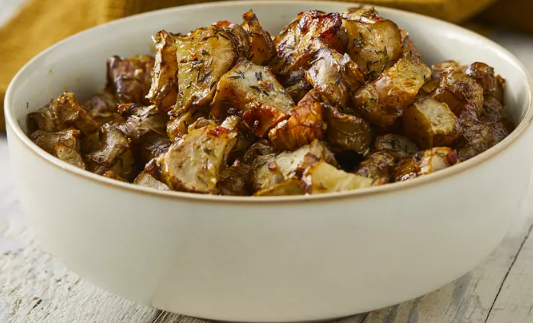
Roasted Jerusalem Artichokes (or Sunchokes), by https://www.allrecipes.com/recipe/231247/roasted-jerusalem-artichokes-or-sunchokes/
3. Kimchi Breakfast Bowl
You can find this recipe @ https://cleanplates.com/recipe-roundup/prebiotic-and-probiotic-recipes/
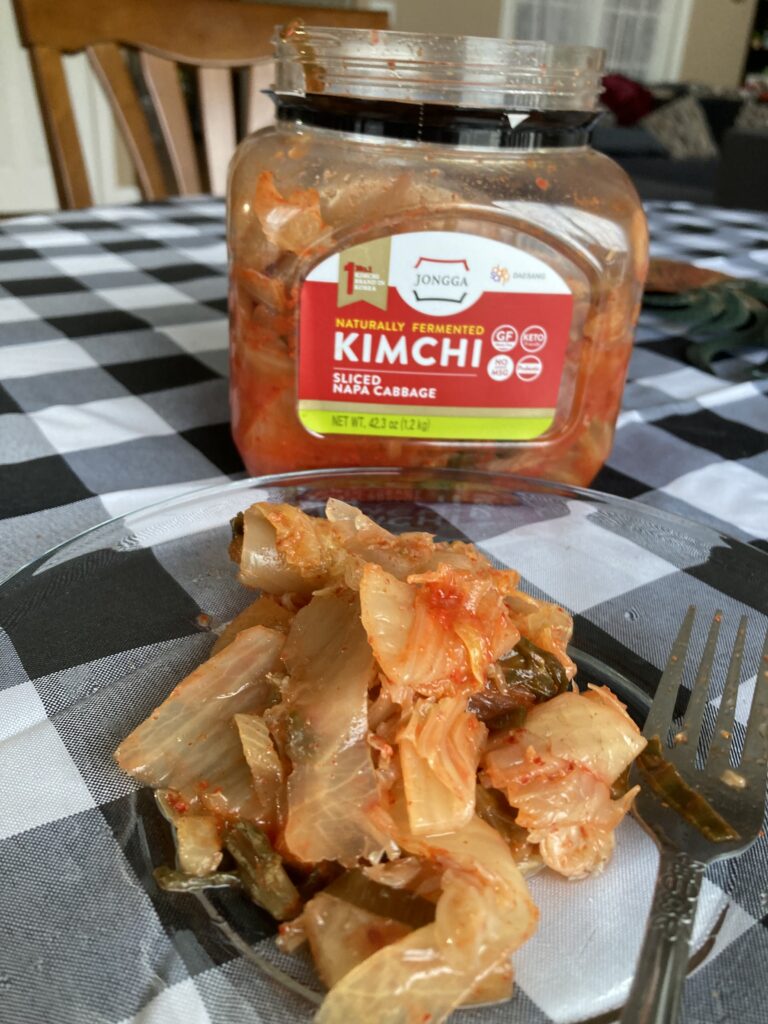
4. Banana Yogurt Snack

This recipe only need 1 banana and yogurt of your choice.
This is a combination of prebiotic and probiotic food
5. Sauerkraut Salad
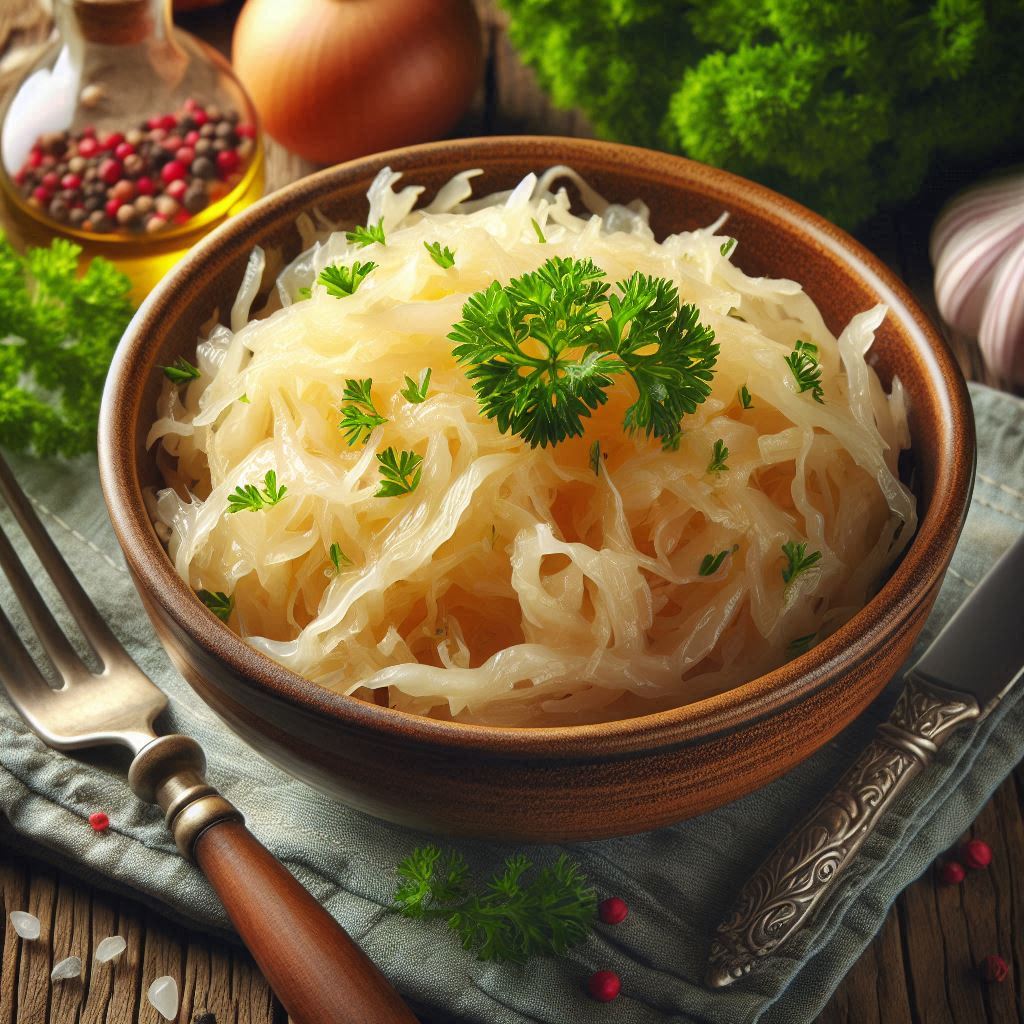
you can find this recipe @ https://www.allrecipes.com/recipe/9456/sauerkraut-salad/
RESOURCES
https://abavistwellness.com/probiotic-vs-miralax-which-is-better-for-constipation/
https://www.nccih.nih.gov/health/probiotics-what-you-need-to-know
https://www.allrecipes.com/recipes/17625/healthy-recipes/prebiotic-and-probiotic
